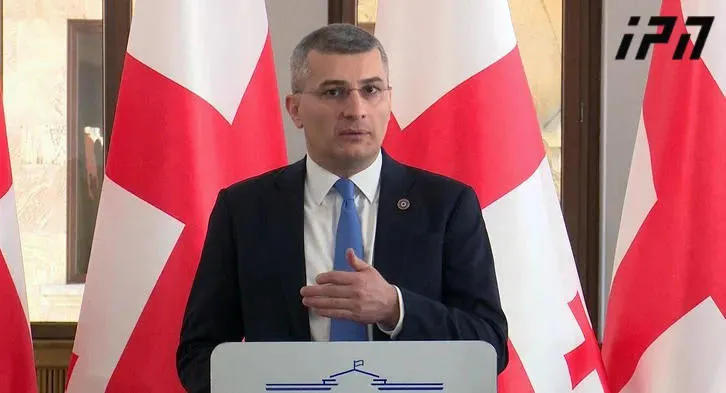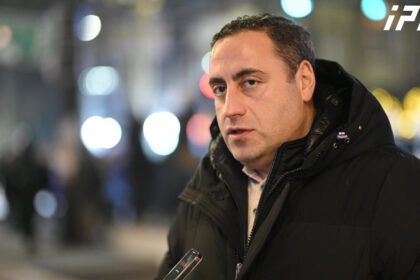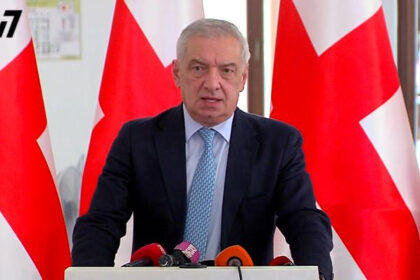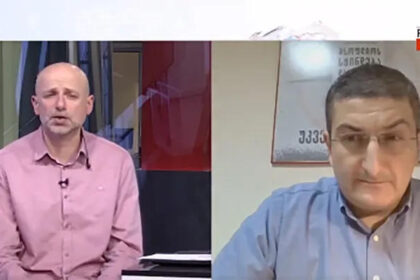**Simplifying Asset Confiscation for Financial Crimes**
A new legislative initiative aims to simplify the process of confiscating assets from individuals who commit economic and financial crimes. According to Mamuka Mdinaradze, leader of the parliamentary majority, this will help ensure that victims receive compensation.
The initiative focuses on cases where a person has committed a financial or economic crime that has caused harm to another individual. In such situations, the process of confiscating money or property from the offender, their family members, and related individuals will be made easier. This is a significant change from previous procedures, which often involved lengthy civil disputes that could last for years.
Under this new initiative, the prosecutor can petition the court to restrict the individual from leaving the country until they compensate the victim. The specific timeframe for this restriction will be defined by law and based on double the statute of limitations for the crime. For example, a person may be prohibited from leaving the country for 6, 12, or 16 years.
**Using Technology to Monitor Compliance**
The court’s decision to restrict an individual from leaving the country will be monitored using an electronic device. This means that once the court makes a ruling, the individual will be tracked through an electronic bracelet until they compensate the victim.
When asked about the inspiration behind this initiative, Mdinaradze replied that it was indeed inspired by specific cases, including the case of Giorgi Bachiashvili. The exact details of how this case influenced the initiative are not specified in the statement.
**Commentary and Analysis**
This legislative initiative has the potential to bring significant change to the way asset confiscation is handled in cases of financial crimes. By simplifying the process, victims may receive compensation more quickly, which can help them recover from the harm caused by the offender.
The use of electronic devices to monitor compliance raises questions about individual freedoms and the balance between punishment and rehabilitation. While this technology may ensure that individuals comply with court rulings, it also introduces new concerns about privacy and human rights.
**What’s Next?**
As this legislative initiative moves forward, it will be essential for lawmakers to carefully consider the potential impact on victims, offenders, and society as a whole. It is also crucial to address any concerns regarding individual freedoms and ensure that this technology is used responsibly.
Read More @ www.interpressnews.ge












